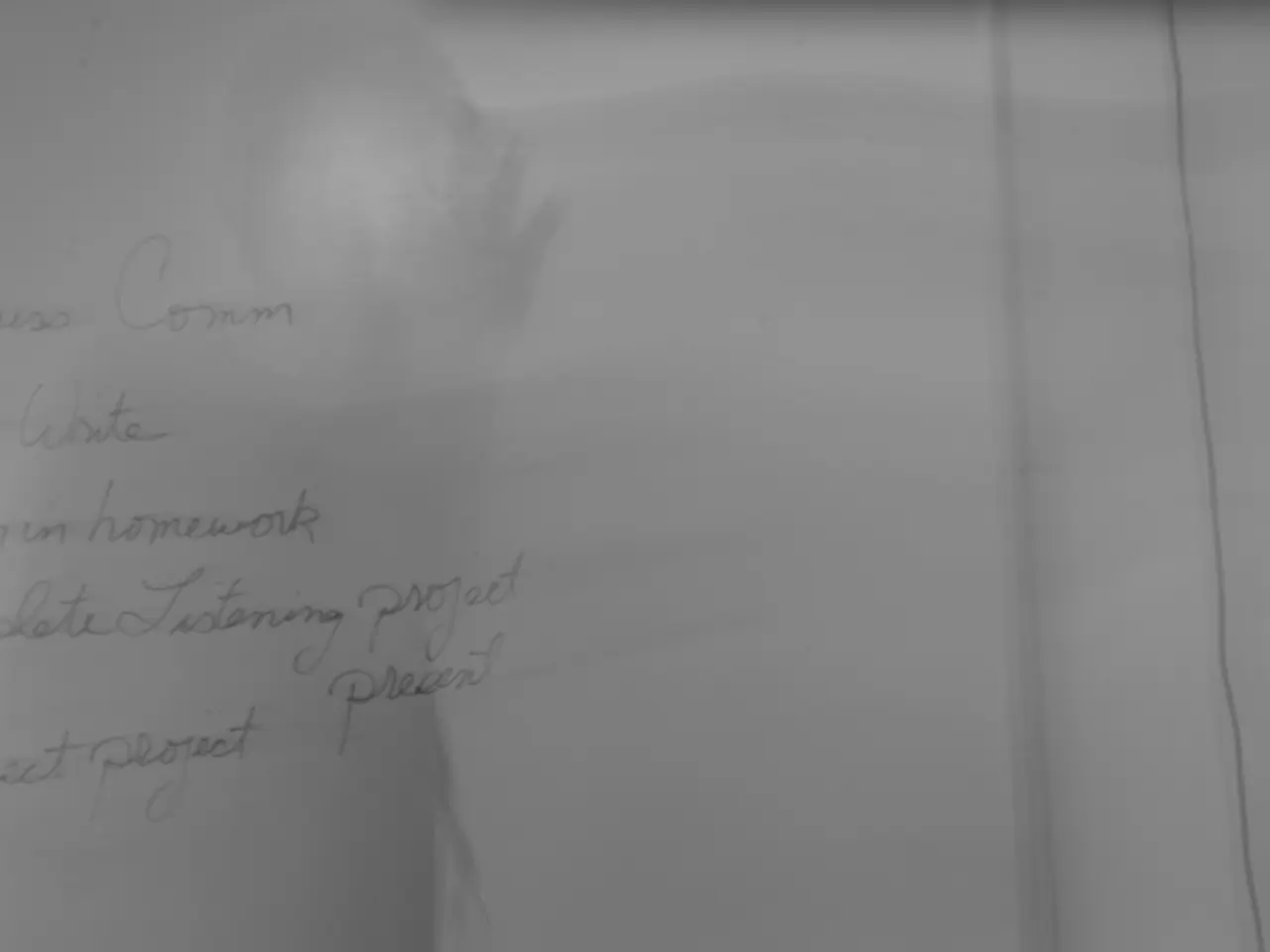Human Existence and Anchoring Bias's Impact on Species Survival
In today's world, anchoring bias significantly impacts human decision-making across various domains. This cognitive bias causes individuals to rely too heavily on the first piece of information they receive, which skews their subsequent judgments and perceptions[1][3][4].
This effect is automatic and often subconscious, impairing objective evaluation of new information and leading to incorrect decisions. In contexts of deception, such as instant messaging scams, anchoring bias manifests as victims forming early beliefs about the trustworthiness or genuineness of the deceiver based on the initial interaction. This early "anchor" causes victims to interpret subsequent ambiguous or even contradictory information in ways that confirm their initial belief, thereby reducing their suspicion and increasing vulnerability to scams[2].
To combat anchoring bias, several strategies can be employed. Firstly, awareness and education are key. Recognizing that anchoring bias exists and can affect decision-making improves critical thinking and reduces its impact[1]. Secondly, the Consider-the-Opposite Strategy encourages individuals to seek out information or scenarios that contradict the initial anchor, weakening its grip[2].
Slow, deliberative thinking is another effective strategy. Encouraging analysis beyond the first impression reduces reliance on mental shortcuts and enables more balanced judgments[3]. Using multiple pieces of independent information rather than a single anchor also helps create a more objective framework for decisions[3].
External feedback and checks can also counteract one’s fixed reference points and increase accuracy in judgments. Consulting others or using external standards can provide valuable perspectives and help individuals make more informed decisions[1][2][3][4].
Anchoring bias can have profound implications for survival, particularly in contexts of deception. However, by understanding and addressing this bias, individuals can enhance their decision-making capabilities and improve outcomes in critical areas affecting human survival.
From healthcare settings to economic decisions, negotiations, and consumer behavior, anchoring bias can lead to poor choices. By recognising and counteracting its influences, individuals can make more informed and balanced decisions, potentially improving societal structures and collective survival.
References:
[1] Kahneman, D., & Tversky, A. (1974). Choice, values, and frames. American Psychologist, 29(6), 341-350.
[2] Gilovich, T., Griffin, D., & Kahneman, D. (1988). Heuristics and biases in social cognition. In Advances in consumer research (Vol. 15, pp. 1-11). Association for Consumer Research.
[3] Tversky, A., & Kahneman, D. (1974). Judgment under uncertainty: Heuristics and biases. Science, 185(4157), 1124-1131.
[4] Ariely, D. (2008). Predictably Irrational: The Hidden Forces That Shape Our Decisions. HarperCollins Publishers.
- In the process of personal growth and self-development, educating oneself about anchoring bias can help reduce its impact, leading to better decision-making and improved outcomes in crucial areas such as healthcare and survival.
- By understanding anchoring bias and employing strategies like the Consider-the-Opposite Strategy, slow, deliberative thinking, and seeking external feedback, we can strive for more informed decisions in areas of education-and-self-development, enhancing our overall survival and well-being.




